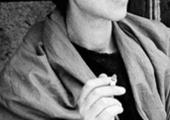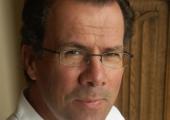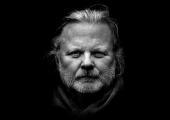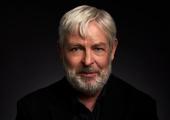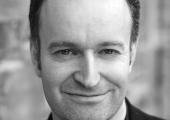Mark Hussey: Mrs Dalloway - Biography of a Novel review - echoes across crises

On the centenary of the work's publication an insightful book shows its prescience
Writing in her diary just over 100 years ago on 19th June 1923, Virginia Woolf wrote: “In this book I have almost too many ideas. I want to give life & death, sanity & insanity; I want to criticise the social system, & to show it at work, at its most intense”.

